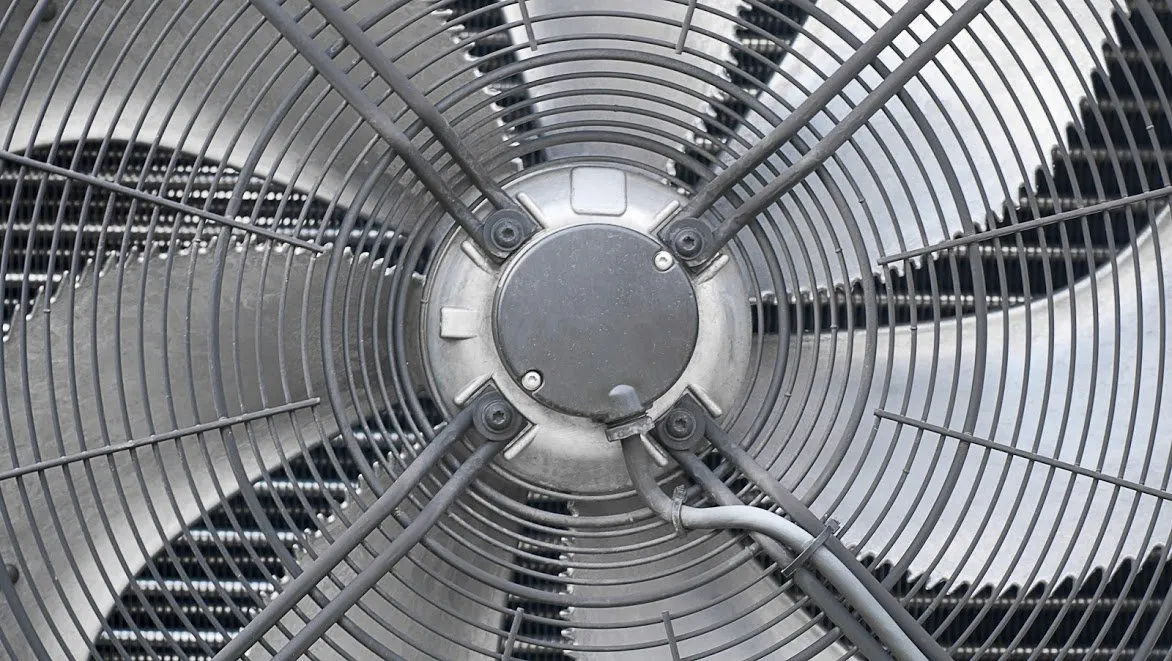
Why Choose a Geothermal Heat Pump for Your Home
If you’ve been considering replacing your current heating system, consider switching to a geothermal heat pump. Heat pumps are much more
energy-efficient than traditional furnaces, which makes them a more affordable choice. If your furnace is getting old, or you’ve been considering
upgrading to a more energy-efficient option, check out these facts about geothermal heat pumps.
They Are Energy-Efficient and a Green Alternative
Geothermal heat pumps are an incredibly energy-efficient way to heat and cool your home, so think of them as an investment in your home. On
average, a geothermal heat pump may cost between $10,000 and $30,000. The exact price largely depends on your soil conditions and plot size
because the system is installed under the ground.
However, once your system is running, you’ll save money each month on heating and cooling. On average, you’ll save about 30 to 60 percent on
heating costs and 20 to 50 percent on cooling costs when compared to a traditional system. Plus, unlike traditional furnaces and air conditioners, the heat pump doesn’t release dangerous gases into the environment.
Like a traditional forced-air furnace, a geothermal heat pump needs ducts to transport the air. Keep these ducts well-maintained (fixing holes,
adding insulation, and cleaning the ducts) to help boost the efficiency even further.
They Are More Effective Than Air-Source Heat Pumps
When purchasing your heat pump, you may be tempted to get an air-source heat pump because they are more affordable. However, they are not
nearly as effective or efficient as geothermal units. Therefore, you won’t get the same savings. Because they are less efficient, depending on where you live, you may need a backup furnace with your air-source heat pump for particularly cold winters.
Air-source heat pumps are less efficient and effective because they pull heat from the air, which is difficult to do in the winter because the air is
cold. Therefore, the system may have to work harder to find the heated air to properly warm your home.
Geothermal systems, however, pull heat from the ground. They use liquid-filled tubes, which absorb heat from the ground in the winter and expel heat from the home in the summer. This allows them to operate at 300 to 600 percent efficiency. Air-source systems may only reach levels as high as 175 to 300 percent efficient.
They Are Durable and Long-Lasting
Geothermal heat pumps may be expensive, but you won’t have to replace yours for a long time. A traditional forced-air furnace is likely to last 15
to 20 years (with proper care). To maintain the system, you’ll need to keep it clean, lubricated, and have it regularly inspected.
An air-source heat pump isn’t much better, lasting about 15 years, with good maintenance. The biggest reason an air-source heat pump may not
last long is because it’s exposed to the elements. The system is stored outside, above the ground, making it susceptible to wind, ice, rain, and
debris.
Geothermal heat pumps have a unit inside the house and outside. The inside components will last about 25 years with good maintenance.
However, the exterior unit is where you see real durability. Because the exterior components are stored underground, they are well-protected and can last up to 50 years or more. You’ll likely need to maintain the indoor components, but little attention is needed for the outdoor parts.
Whether your furnace is getting old or you just want a greener alternative, geothermal heat pumps are a great choice. They are expensive, but will save you money on your heating and cooling costs, and they last a long time. If you would like more information about geothermal heat pumps, contact us at Bruce MacKay Pump and Well Service, Inc., today.
